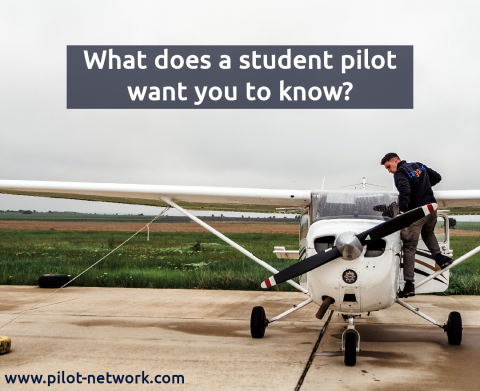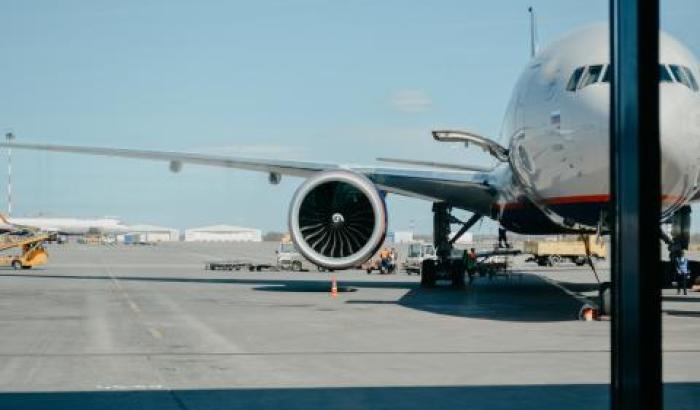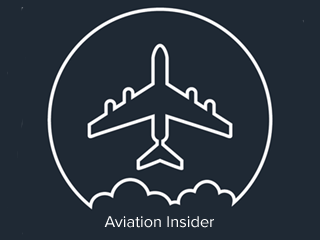
Pilot training is unsurprisingly one of, if not the most, important times for a pilot, as it forms the foundation of their flying career and can have a big impact on getting that all important first job. Having the correct support from family and friends no doubt provides that extra boost to perform better, or at the very least, reduces the hurdles faced.
It is a common misconception that flight training is simply just turning up to the airport for a couple of hours a day, jumping into an aircraft and flying around leisurely, culminating with walking straight into an airline job at the end of it. This is certainly not what flight training is and a lot of the time due to these misconceptions and lack of understanding, it is easy for a student pilot to feel isolated from the ‘outside world’. Your peers soon become your family, with whom you go through the whole experience together, because only those within truly understand the highs, the lows and the inbetweens.
Hopefully this article will shed a big light on the realities which we wish people outside of aviation would know, and why we have such tunnel vision at times - almost like an instruction manual on how to comprehend the complexities of the life of a student pilot.
Timescale
Only time will tell...
- There is a strong chance that the course may not finish in exactly the prescribed time, due to weather, scheduling, and other operational reasons. Weather is a major factor as, especially in the beginning and intermediate flying phases, there are strict weather criteria to adhere to and anything outside of limits means that there can be a lot of waiting around and flights being cancelled with zero notice. A string of bad weather for 2 or 3 weeks in the PPL and Hour Building phases can easily mean no flying during that period. Almost all of us have heard from our friends & family, the frustrating question - “Airlines fly when it's cloudy and raining so why can't you?”. When we are student pilots training in single engine piston aircraft, learning how to fly with Visual Flight Rules (ability to fly in clear weather conditions), it would be like making us sprint before we can crawl. As the course progresses, the weather criteria become less stringent and limiting as we learn how to fly in more limiting conditions.
- A university degree takes around 3 years to complete and most people understand this, so please bear with us flight training students on an 18-24 month course.
- We are just as eager to complete the training as quickly and efficiently as possible because we want to attain our licence and fly as soon as possible!
- Flight training can take a toll on relationships due to the significant time away and sacrifices which have to be made, but the significant other having a good understanding of all of these points in this article and both parties establishing clear communication will go a long way in ensuring it is a healthy one.
- Unless fortunate enough to be on an airline specific training scheme, it is unlikely that one would simply finish training, get their licence and walk straight into a job a few days later. Like the vast majority, there is the process of submitting job applications and attending assessments and interviews, which can take a bit of time. This is not much different to a university graduate getting their degree from university and embarking on the job searching process.
Free time and busy schedule
- ATPL theory groundschool is an intensive and time consuming course, to put it simply. It requires a lot of studying, focus and sacrifice, in a short space of time to complete all 14 subjects. These exams are crucial in attaining a commercial pilots licence, and subsequently an airline job. People on the outside may not necessarily understand the intensity and requirement of the ATPLs and so whilst you may be wondering why we aren't free every evening to talk or go out every weekend, we are almost definitely studying and stressing out about the exams. Once these are finished, the training is a lot less stressful and we have a lot more free time at our dispensation.
- The flying phases are more flexible as it is not as “jam packed” and “time consuming” as the groundschool phase, but because most of the schedules are published the evening before, it's hard to plan a social life with people outside of the course, and sometimes also with people on the course. Even if flights are published further in advance, all flights require preflight planning, so a 12pm start will usually require turning up 2 hours before to prepare, and then an hour or so after the flight to debrief. You do however get pre-rostered days off each week so you can devote this time to socialising etc.
Finances
- It is no secret that flight training is a huge financial investment and that many sacrifices have been made in order to fund training. So please understand if your pilot-in-training has to skip a few nights out or can’t go on as many lavish date nights as before. Simply getting a part-time job is not feasible sometimes, especially during the groundschool phases on a full-time residential course (distance learning may be more flexible however), but it is possible once you're in the flight training segments, to bring a little extra cash in. Also, an extra flight lesson could cost a few hundred pounds/euros, dollars extra and so that must take priority over other aspects.
- Even after completing flight training, there will inevitably be repayments to make if loans were taken out to fund training, so this will have to be understood also, that a frugal approach to spending may be required even after training.
- Starting salaries as a cadet aren’t the same as the salaries that are portrayed in media and culture, which is that of senior pilots and captains. These can be as low as £17,000 per annum in some airlines. These figures increase with more hours and seniority, and vary between airlines.
Mental aspects
- Like with any intensive training course, the mental side plays a big part.
We are, after all, chasing after a dream which we are passionate about and staying dedicated to. Balancing the theory and practical aspects of training, the financial implications, along with worrying about job opportunities at the end of it and periods of social isolation all contributes to mental stresses. Sometimes the best support you can give us is to just sit back patiently and let us get on with it. If we are not free to meetup or talk on the phone every single day, it isn’t because we are avoiding you (not all of the time anyway!), but simply because we are preoccupied with training.
- We face the pressure of exams and skills tests which have a big impact on our licences and also training records which future recruiters will have access to. We want to perform the best we can so that we may put our best foot forward and strengthen our chances of employment, and of course perform to the best of our abilities. Even if it's not an assigned test, each flying lesson can in some ways feel like it is a test because if strict lesson standards aren't met, it means having to repeat the flight again and along with it comes the financial implications.
As you can see, there is a lot more to flight training than meets the eye and certainly ones which don't seem so obvious, understandably, to those who aren't in that environment. Being able to have a knowledge and understanding of flight training, as an observer, will go a long way in being able to support your pilot-in-training in the best way possible. This isn’t to say “don’t mention training to us at all” or not to ask us questions about it, as we appreciate people taking an interest in what we are doing and being naturally inquisitive, after all, it's not everyday you get to speak to people who live in the sky, unless you're in aviation of course!
Thankyou for reading,
Varon
The Pilot Network Team










